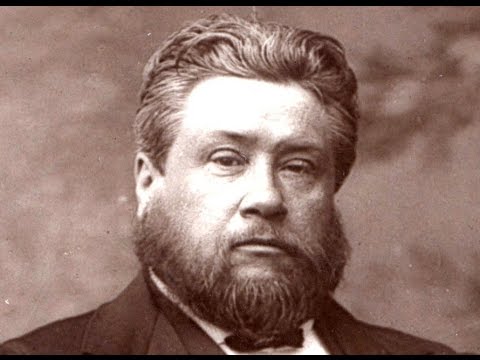|
A. The third commandment is, "Thou shalt not take the name of the Lord thy God in vain; for the Lord will not hold him guiltless that takes his name in vain."
0 Comments
A. The second commandment forbids the worshipping of God by images, (Deut. 4:15-16) or any other way not appointed in his Word (Col. 2:18).
A. The second commandment requires the receiving, observing (Deut. 32:46; Matt. 28:20), and keeping pure and entire all such religious worship and ordinances as God has appointed in his Word (Deut. 12:32).
A. The second commandment is, "Thou shalt not make unto thee any graven image, or any likeness of any thing that is in heaven above, or that is in the earth beneath, or that is in the water under the earth: Thou shalt not bow down thyself to them, nor serve them: for I the Lord thy God am a jealous God, visiting the iniquity of the fathers upon the children unto the third and fourth generation of them that hate me; and shewing mercy unto thousands of them that love me, and keep my commandments."
A. The first commandment requires us to know (1 Chron. 28:9) and acknowledge God to be the only true God, and our God (Deut. 26:17), and to worship and glorify him accordingly (Matt. 4:10).
A. The first commandment is, "Thou shalt have no other gods before me."
A. The sum of the ten commandments is to love the Lord our God with all our heart, with all our soul, with all our strength, and with all our mind; and our neighbour as ourselves (Matt. 22:37-40).
A. The rule which God first revealed to man for his obedience, is the moral law (Deut. 10:4; Matt. 19:17), which is summarized in the ten commandments.
|
AuthorCharles Spurgeon (1834–1892) Archives
September 2018
Categories
All
|

 RSS Feed
RSS Feed